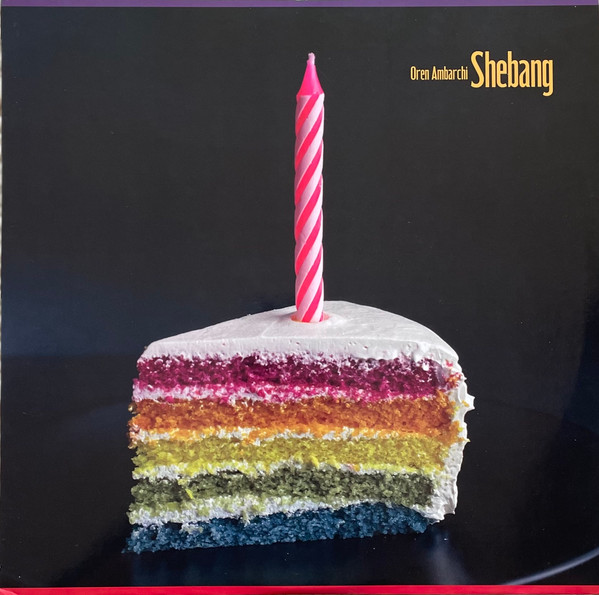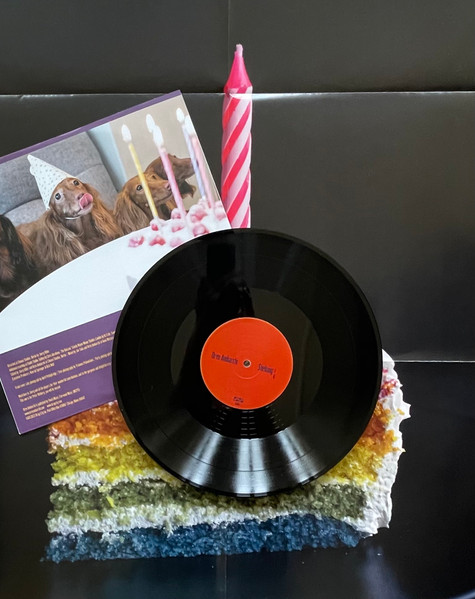Spekki Webu, introflexive cartographer and antimatter conduit, pares back reality for Seismic’s first entry. Patiently arranging meticulous space, complex parts groan and clatter, hushed by whistling icy cosmic winds rising into intense pensive tension. Gargantuan crystalline components inscribed with strange, detailed petroglyphs whirl in mid air, as the cosmic gale whistles around – the slow walls raise without a sound, trapping space and transporting all inwards to nothing and on.The new mutation of Seismic’s transportive event series into record label is marked with Spekki Webu’s ‘Kept in Reality EP’; collecting shadowy, industrial atmospherics and illbient, Spekki taps the frayed and raw fringes of deep tekno and proto-goa to explore charged rhythmic noise – plotting somewhere between early deep cerebellum strokes for unreal assemblies.creditsreleased November 14, 2023Written, produced and mixed by Spekki WebuMastering by Miloš FedorGraphic design by Ema DoležalováDistribution by One Eye Witness



